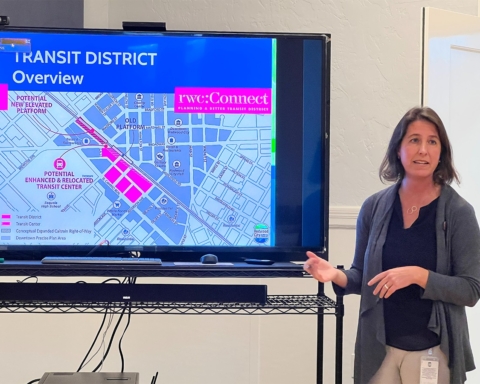While California continues to draw more high-wage earners to the state, with many newcomers attracted to the increasing number of high-wage jobs in the Bay Area, skyrocketing housing costs are pushing middle and low-wage workers to leave the state in pursuit of more affordable horizons, according to a new report.
The report, commissioned by the nonprofit, nonpartisan Next 10, and prepared by Beacon Economics, found that just over 1 million more people moved out of California than moved into the state from 2006 to 2016. The Bay Area is an outlier in that more people have been moving into the region as the number of high-wage jobs increase.
But lagging housing creation mixed with comparably less wage growth among middle and low income earners has been pushing people in industries such as hospitality, retail, healthcare and agriculture to leave California.
“Today’s sky-high housing prices are driven by market fundamentals – namely a lack of supply – whereas in 2006 cheap subprime loans drove housing demand and prices to unsustainable levels,” said Adam Fowler, Beacon’s research director.
Compared to 10 years ago, the average annual pay for state’s low wage earners – people making on average $27,000 annually – increased by 17 percent. Middle-income earners ($55,000) saw wages rise 29-percent, while high-wage earners ($83,000) saw them increase by 42.5 percent, particularly in the tech industry, according to the report.
Meanwhile, post-recession housing construction has slowed, leaving fewer affordable options. From 2007 to 2017, 24.7 housing permits were filed for every new 100 California residents, while the U.S. average was 43.1 permits per 100 residents.
“California is permitting roughly the same number of housing units as Florida, despite having approximately 18 million more residents,” according to the report.
At the same time, housing costs in the state for homeowners with mortgages are the second-worst in the nation, and the third-worst for renters.
As mortgage lending practices have become more conservative post-recession, “a growing economy and a housing supply shortage are driving prices through the roof,” Fowler added.
“California is sinking deeper into a housing crisis, and this raises questions about the sustainability of the state’s overall economic growth,” said F. Noel Berry, businessman and founder of Next 10.





